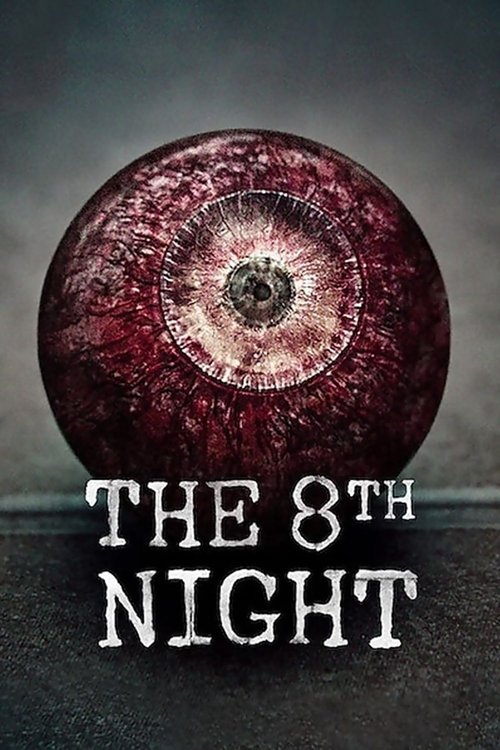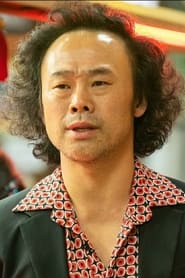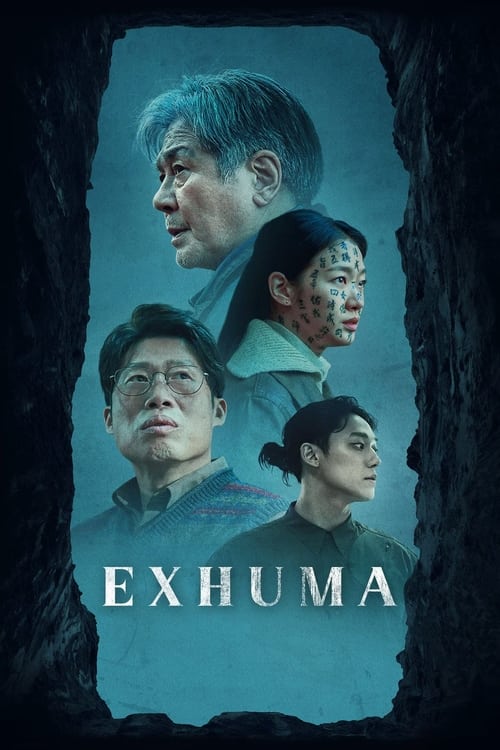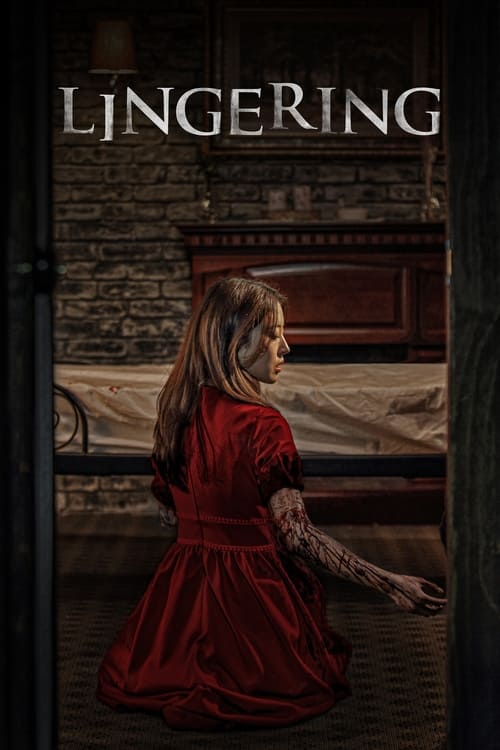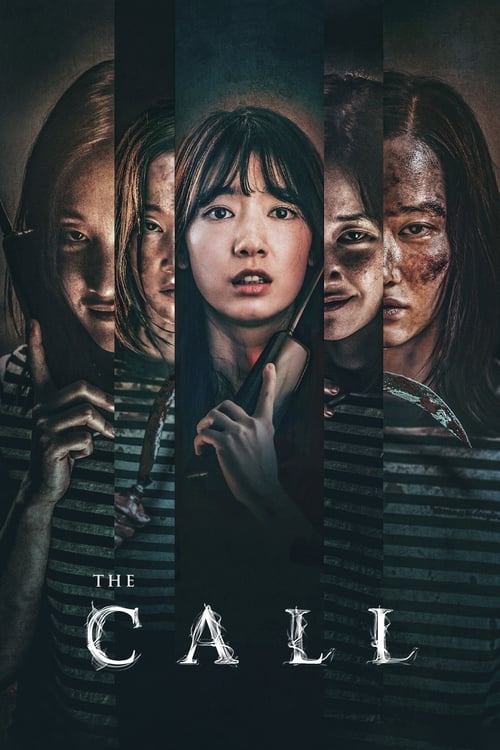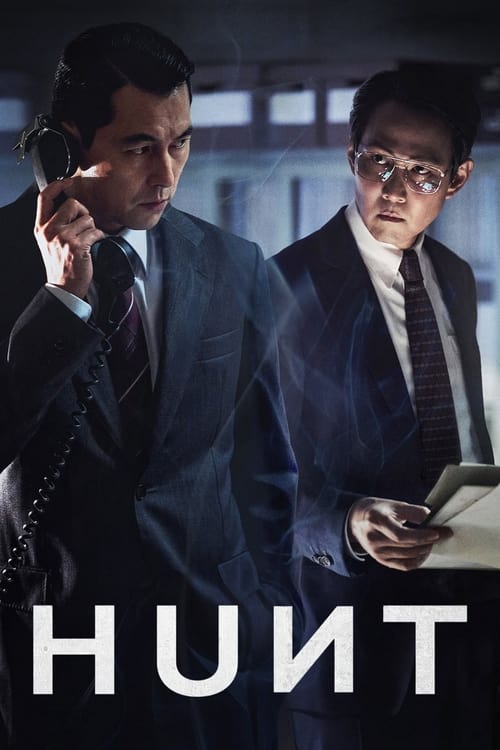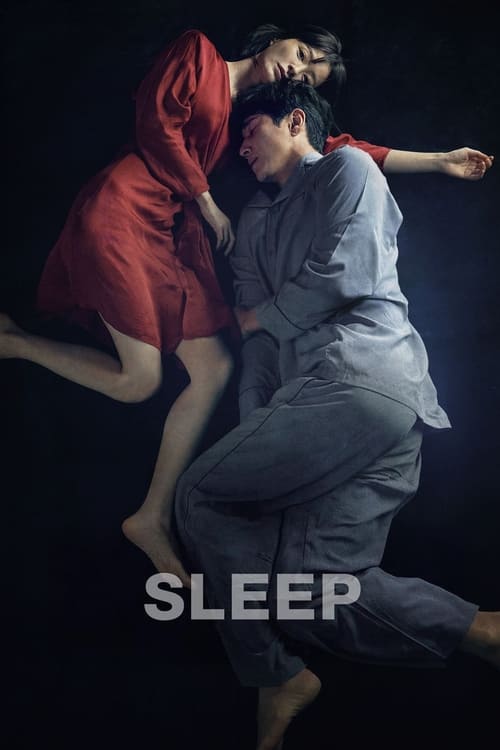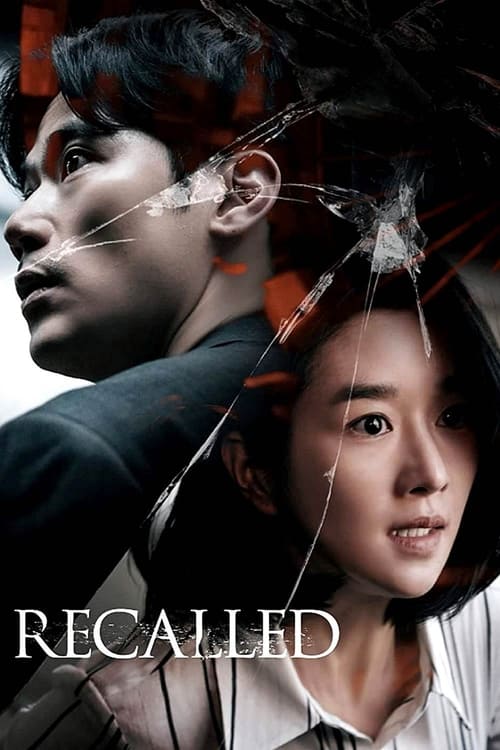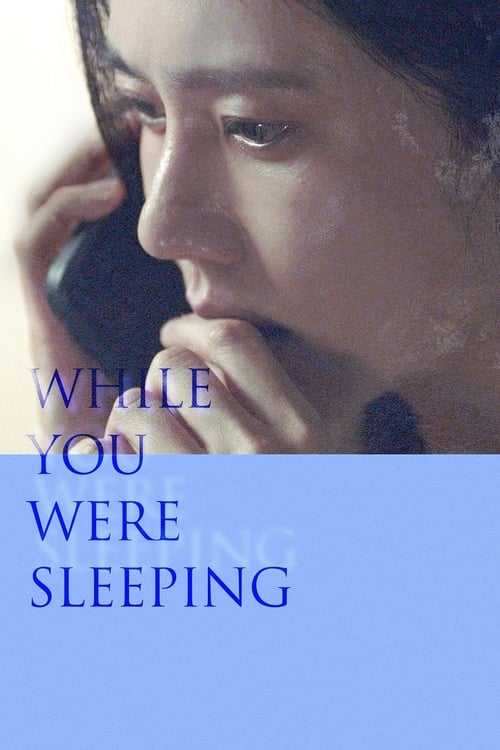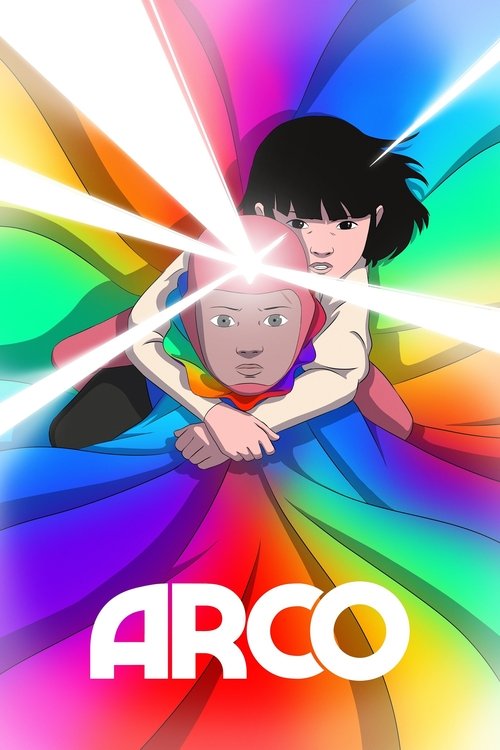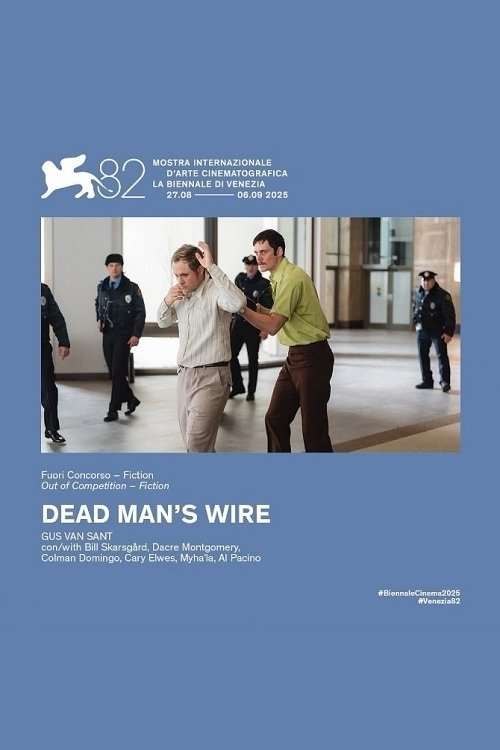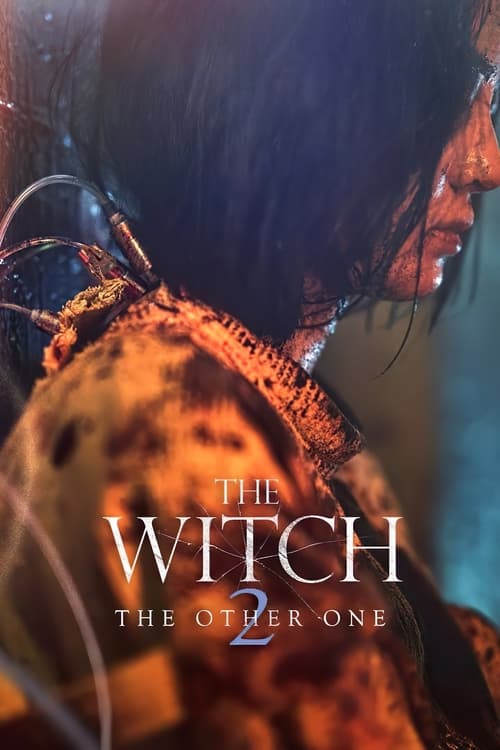
Ask Your Own Question
What is the plot?
Sorry, we aren't able to watch and write up a full detailed plot yet. Check back in a few days.
What is the ending?
In the ending of "The 8th Night," the protagonist, a monk named Woo-jin, confronts the ancient evil that has been unleashed. After a series of intense battles and revelations, he ultimately sacrifices himself to seal the evil away, ensuring the safety of the world. The film concludes with a sense of unresolved tension, as the evil is contained but not entirely eradicated.
As the final act unfolds, the atmosphere is thick with dread and urgency. The scene opens with Woo-jin, now fully aware of the gravity of the situation, racing against time to confront the malevolent force that has been terrorizing the city. The air is heavy with the scent of incense and the distant echoes of chanting, as Woo-jin prepares himself mentally and spiritually for the confrontation ahead.
In a dimly lit temple, Woo-jin gathers his thoughts, reflecting on the teachings of his mentor and the weight of his responsibilities. His face is etched with determination, but also a deep-seated fear of failure. He knows that the ancient evil, which has taken the form of a monstrous entity, is not just a physical threat but a manifestation of humanity's darkest impulses. This realization fuels his resolve, as he understands that he must confront not only the creature but also the darkness within himself.
The scene shifts to the climactic confrontation. Woo-jin faces the creature, a grotesque figure that embodies chaos and despair. The battle is fierce, with Woo-jin employing his martial skills and spiritual knowledge to combat the entity. The visuals are striking, with flashes of light and shadow as the two forces clash. Woo-jin's movements are fluid yet desperate, showcasing his inner turmoil as he fights not just for his life, but for the souls of those affected by the evil.
As the fight reaches its peak, Woo-jin realizes that defeating the creature requires a greater sacrifice. He recalls the teachings of his mentor about the importance of selflessness and the need to confront evil with courage. In a moment of clarity, he decides to use a powerful ritual that will bind the creature but at the cost of his own life. The emotional weight of this decision is palpable; Woo-jin's face reflects a mixture of sorrow and acceptance as he prepares to make the ultimate sacrifice.
In the final moments, Woo-jin channels his energy into the ritual, and the temple is filled with a blinding light. The creature howls in rage and despair as it is drawn back into the abyss, its form dissipating into shadows. Woo-jin's body begins to fade as well, a serene expression settling on his face as he embraces his fate. The light envelops him, and with a final flash, he is gone, leaving behind a stillness that speaks to the peace he has achieved.
The film concludes with a lingering shot of the temple, now quiet and serene, a stark contrast to the chaos that had unfolded. The camera pans out, revealing the city beyond, still standing but forever changed by the events that transpired. The final scene hints at the possibility of the evil returning, as a shadow flickers in the corner of the frame, suggesting that while Woo-jin's sacrifice has brought temporary peace, the battle against darkness is never truly over.
In terms of character fates, Woo-jin sacrifices himself, ensuring the containment of the evil. The other characters, including the detective who has been investigating the strange occurrences, are left to grapple with the aftermath of the events, carrying the weight of Woo-jin's sacrifice and the unresolved threat that looms in the shadows. The film closes on a note of ambiguity, leaving the audience to ponder the nature of good and evil, and the sacrifices made in the name of protecting humanity.
Is there a post-credit scene?
In "The 8th Night," there is no post-credit scene. The film concludes its narrative without any additional scenes or content after the credits roll. The story wraps up with a focus on the resolution of the central conflict and the fates of the main characters, leaving the audience with a sense of closure regarding the events that transpired throughout the film.
What is the significance of the eight nights in the story?
The eight nights in 'The 8th Night' symbolize the duration of a spiritual battle between good and evil, as the narrative unfolds over this period. Each night represents a step deeper into the conflict, culminating in a climactic confrontation that tests the characters' resolve and beliefs.
Who is the main antagonist in the film and what are their motivations?
The main antagonist is a powerful demon that seeks to escape its confinement and wreak havoc on the world. Its motivations are rooted in a desire for freedom and chaos, as it manipulates events and characters to achieve its goal of resurrection and domination.
What role does the monk play in the story and how does he evolve?
The monk, played by Lee Sung-min, serves as a guardian against the demon's influence. Initially, he is portrayed as a wise but weary figure, burdened by past failures. As the story progresses, he evolves into a more proactive character, driven by a sense of duty to protect humanity and confront his own fears.
How does the character of the detective contribute to the plot?
The detective, who is investigating a series of mysterious deaths, becomes entangled in the supernatural events surrounding the demon. His skepticism and determination to uncover the truth lead him to form an unlikely alliance with the monk, driving the narrative forward as they piece together the clues and confront the dark forces at play.
What is the relationship between the two main characters, the monk and the detective?
The relationship between the monk and the detective is complex, marked by initial distrust and differing worldviews. The monk embodies faith and tradition, while the detective represents skepticism and rationality. As they face the demon together, their bond deepens, leading to mutual respect and understanding as they learn from each other's strengths.
Is this family friendly?
"The 8th Night" is not considered family-friendly and contains several elements that may be objectionable or upsetting for children or sensitive viewers. Here are some aspects to be aware of:
-
Violence and Gore: The film includes scenes of violence that may be graphic, with depictions of blood and injury that could be disturbing.
-
Supernatural Themes: The movie explores dark supernatural elements, including possession and malevolent spirits, which may be frightening for younger audiences.
-
Psychological Horror: There are intense moments that delve into psychological horror, creating a tense atmosphere that could be unsettling.
-
Death and Loss: Themes of death and the impact of loss are prevalent, which may evoke strong emotional responses.
-
Religious Symbolism: The film incorporates religious themes and symbols that may be confusing or distressing for some viewers.
These elements contribute to a mature tone, making it more suitable for adult audiences.

